Si te encantó '¡Qué bello es vivir!' (1946) y buscas películas o series con un mensaje similar de esperanza, redención y el valor de la vida, este artículo es para ti. Descubre 10 títulos que comparten su esencia emotiva y su impacto emocional, perfectos para quienes aman historias que inspiran y conmueven.
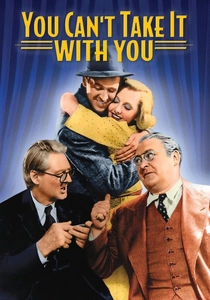
You Can't Take It with You (1938)
Descripción: A heartwarming comedy about the importance of family, happiness, and living life to the fullest, rather than focusing solely on material wealth.
Hecho: The film won the Academy Award for Best Picture and Best Director. It was based on a Pulitzer Prize-winning play by George S. Kaufman and Moss Hart.
 Ver ahora
Ver ahora
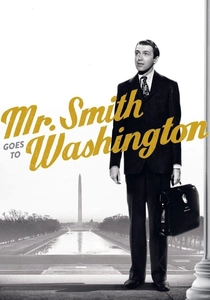
Mr. Smith Goes to Washington (1939)
Descripción: A tale of an idealistic man standing up against corruption, highlighting themes of integrity, perseverance, and the impact one individual can have on society.
Hecho: The film was controversial upon release, with some politicians accusing it of being un-American. The famous filibuster scene lasts about 25 minutes, one of the longest in film history.
 Ver ahora
Ver ahora
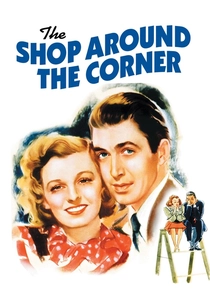
The Shop Around the Corner (1940)
Descripción: A charming romantic comedy that delves into the lives of ordinary people, showcasing the magic of human connection and unexpected love.
Hecho: The film was remade as 'You've Got Mail' in
 Ver ahora
Ver ahora
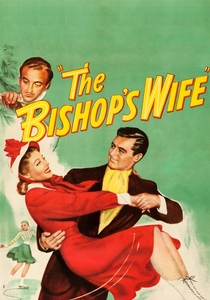
The Bishop's Wife (1947)
Descripción: A touching story about an angel helping a bishop rediscover the true meaning of life and love, emphasizing the importance of family and community.
Hecho: Cary Grant initially turned down the role of the angel, but later accepted it after the original actor, David Niven, was cast as the bishop. The film was remade as 'The Preacher's Wife' in
 Ver ahora
Ver ahora
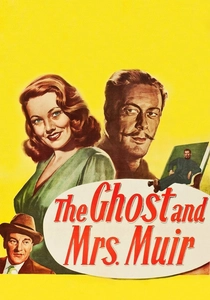
The Ghost and Mrs. Muir (1947)
Descripción: A romantic fantasy about a widow who forms a unique bond with a ghost, blending elements of love, loss, and the supernatural in a tender narrative.
Hecho: The film was based on a novel by R.A. Dick. It was later adapted into a television series in the 1960s.
 Ver ahora
Ver ahora
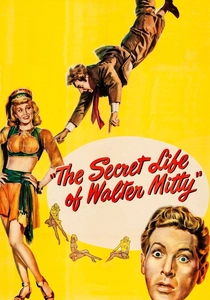
The Secret Life of Walter Mitty (1947)
Descripción: A story about a daydreamer who escapes his mundane life through vivid fantasies, ultimately learning to embrace reality and find joy in the ordinary.
Hecho: The film was based on a short story by James Thurber. Danny Kaye's performance was highly praised, and the film became one of his most iconic roles.
 Ver ahora
Ver ahora
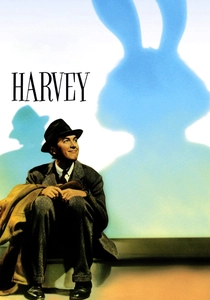
Harvey (1950)
Descripción: A whimsical tale about a man who befriends an invisible rabbit, exploring themes of kindness, acceptance, and the value of seeing the world differently.
Hecho: The film is based on a Pulitzer Prize-winning play. James Stewart considered the role of Elwood P. Dowd one of his favorites.
 Ver ahora
Ver ahora
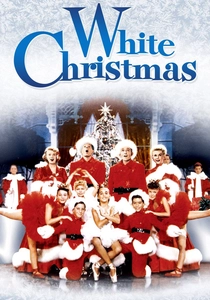
White Christmas (1954)
Descripción: A festive musical that celebrates friendship, love, and the spirit of giving, with a nostalgic and uplifting tone.
Hecho: The title song 'White Christmas' was originally featured in the 1942 film 'Holiday Inn.' The film was the first to be released in VistaVision, a widescreen format.
 Ver ahora
Ver ahora

The Apartment (1960)
Descripción: A bittersweet story about loneliness, love, and redemption, set against the backdrop of corporate America, with a strong moral center.
Hecho: The film won five Academy Awards, including Best Picture. It was one of the last black-and-white films to win Best Picture before the 1960s color revolution.
 Ver ahora
Ver ahora
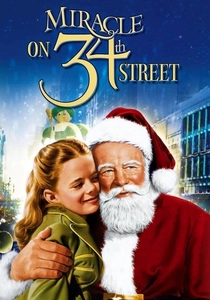
Miracle on 34th Street (1947)
Descripción: Explores themes of faith, kindness, and the power of belief in something greater than oneself, wrapped in a heartwarming holiday setting.
Hecho: The film was released in May, not during the Christmas season, to avoid competition with other holiday films. It won three Academy Awards, including Best Supporting Actor for Edmund Gwenn.
 Ver ahora
Ver ahora









